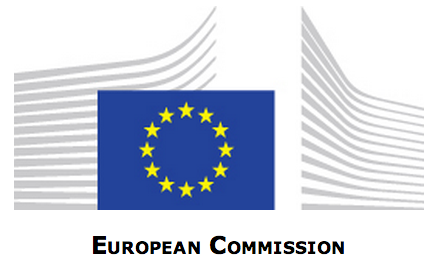In luna februarie a anului 2012 Apple a fost obligata sa retraga din vanzare in Germania mai multe modele ale iPhone si iPad din cauza faptului ca ele utilizau tehnologii de telecomunicatii 3G care erau brevetate de catre Motorola. Apple s-a oferit sa licentieze respectivele tehnologii de la Motorola in termeni corecti si rezonabili, insa cei de la Google/Motorola au refuzat sa accepte preturile pe care Apple era dispusa sa le plateasca, asa ca au actionat companie din Cupertino in judecata si pentru o perioada de timp au fortat-o sa opreasca vanzarea unor iDevice-uri.
The Motorola Mobility SEPs in question relate to the European Telecommunications Standardisation Institute’s (ETSI) GPRS standard, part of the GSM standard, which is a key industry standard for mobile and wireless communications. When this standard was adopted in Europe, Motorola Mobility gave a commitment that it would license the patents which it had declared essential to the standard on FRAND terms. Nevertheless, Motorola Mobility sought an injunction against Apple in Germany on the basis of a GPRS SEP and, after the injunction was granted, went on to enforce it, even when Apple had declared that it would be willing to be bound by a determination of the FRAND royalties by the German court.
Respectivele brevete de inventie erau FRAND, adica puteau fi licentiate de catre oricine in termeni rezonabili, adica la preturi mici, insa Motorola a abuzat de pozitia sa pe piata si a refuzat sa faca acest lucru, desi era obligata legal de acordurile incheiate cu UE. Cei de la Apple s-au plans Comisiei Europene de abuzurile Google/Motorola, cei de la CE au inceput sa investigheze cazul, iar acum au decis ca Google/Motorola au abuzat intr-adevar de pozitia lor pe piata fara sa ia in considerare acordurile.
Today’s Statement of Objections sets out the Commission’s preliminary view that under the specific circumstances of this case – a previous commitment to license SEPs on FRAND terms and the agreement of Apple to accept a binding determination of the terms of a FRAND licence for SEPs by a third party – recourse to injunctions harms competition. The Commission is concerned that the threat of injunctions can distort licensing negotiations and lead to licensing terms that the licensee of the SEP would not have accepted absent this threat. This would lead to less consumer choice.
CE sustine ca Motorola trebuie sa ofere spre licentiere tehnologiile sale in termeni rezonabili, corecti si non-discriminatorii, iar Apple trebuie sa beneficieze de acest tratament. CE investigheaza in continuare Motorola pentru abuz si incalcarea legislatiei antitrust, insa afirmatiile recente nu ofera vreu indiciu asupra rezultatului acestei investigatii. Daca Motorola va decide sa licentieze aceste tehnologii in termenii impusi de CE ramane de vazut, insa daca va refuza, risca sa fie obligata sa plateasca amenzi de sute de milioane de dolari.






















